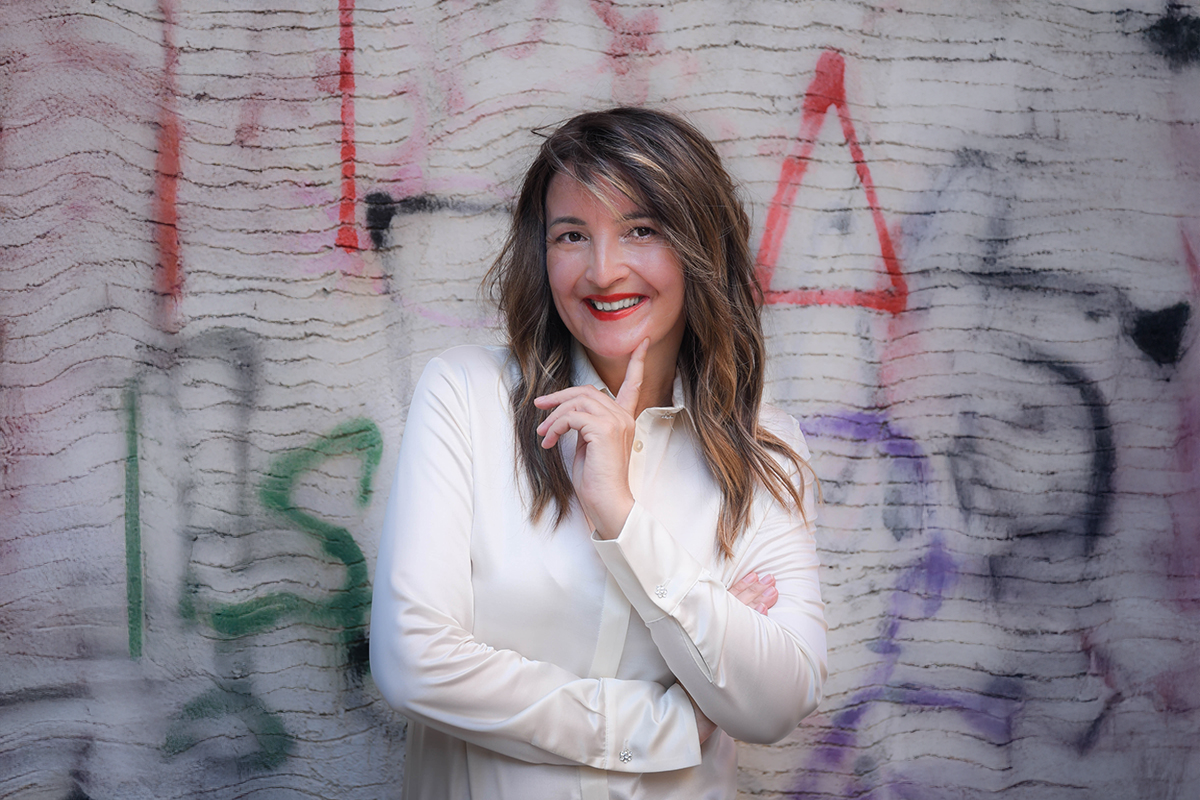PHOTO: Ana Atanasković, award-winning Serbian author and journalist, known for her evocative historical novels and deep literary insight.
Blending Fact And Fiction In Powerful Historical Narratives
Ana Atanasković shares her passion for history, literature, and storytelling, revealing how real lives and emotions inspire her novels that bridge the past and present with timeless human truths.
Ana Atanasković writes with the sensitivity of a chronicler and the heart of a poet, weaving memory and imagination into rich historical tapestries. Her work spans centuries and continents, yet remains grounded in deeply personal narratives — stories that honour both the grand currents of history and the quiet emotions that move beneath them. In her world, historical figures are not distant statues but living souls who breathe, ache, and long.
With each novel, she revives the overlooked, the forgotten, and the misunderstood, whether it’s a queen whose name faded from textbooks or a woman whose love for Nikola Tesla history barely acknowledged. My Love Nikola Tesla, now available in English, offers not just a portrayal of genius but an exploration of devotion — a theme that resonates throughout her oeuvre. She elevates the interior lives of women, granting voice to those who have often existed only in the shadows of great men or events.
A literary scholar and accomplished journalist, Ana approaches fiction with the rigour of a historian and the freedom of a dreamer. Her writing is a bridge — between past and present, fact and feeling, Belgrade and the wider world. In a time of fractured attention and historical amnesia, her stories remind us that time is not linear, and that the past continues to speak — if only we choose to listen.
Your latest novel, Zmajeva žena, delves into historical fiction. What inspired you to explore this genre, and how does it differ from your previous works?
I was inspired by the love I feel for the person who means the most to me — I wanted to show him Manasija, the endowment of Despot Stefan Lazarević, a Serbian ruler, knight, and poet. On the way back home, I began thinking about his wife, and that’s how I came upon Helen Gattilusio.
In Moja ljubav Nikola Tesla, you portray a more personal side of the renowned inventor. What motivated you to humanise Tesla in this manner?
Since childhood, I’ve read scientific texts and biographies of scientists because my father used to buy the science magazine Galaxy. It was there, in 1984, that I first saw photographs of the woman who loved Nikola Tesla the most — an American — and since then, I’ve had a lasting interest in her. You’re right, the novel portrays a true but less visible side of Tesla.
Your short story collection Beograd je ljubav captures the essence of Belgrade. How does the city influence your writing and storytelling?
Belgrade is in my blood, both in easy times and in hard ones. It inspires me every day, and it’s where my home is. I’ve had the most opportunities in Belgrade — it has mostly been open to me — and there are still some “mountains” I have yet to climb, but there is beauty in having a goal. Belgrade is spontaneous and colourful.
Having studied English philology and later delved into publishing studies, how have these academic backgrounds shaped your approach to writing and literature?
My studies in English language and literature have shaped me in many ways. You know, when you read the greatest works from the entire literary tradition of a nation (Britain and the U.S.), and you have the chance to learn about writing from top-tier lecturers (one of my professors, for example, was one of the leading Shakespeare scholars in Serbia), you gain profound insights and a strong sense of what has been seen before, what is new, and what is truly of high quality. Also, the novel I’m currently working on is about the life of a British woman, and I’ve already written a novel about an American woman, Katherine Johnson, and about New York.
Your works often intertwine historical figures with fictional narratives. How do you balance factual accuracy with creative liberties in such stories?
I try to read everything I can about the period I’m writing about — both official and unofficial sources, scholarly works as well as legends, literature and even fashion. I like to follow the facts, but I also add my own insights. It all depends on the era and the information available. In my latest book, I had the freedom to imagine.
In your literary journalism, you’ve contributed to various magazines. How does your journalistic experience inform your fiction writing?
I write literary journalism, essayistic in nature, so in my case, literature and journalism overlap quite a bit. Still, in journalism, you have to count words, condense, and deliver the essence.
Kraljica jorgovana is a reimagined historical novel. What challenges did you face in reinterpreting historical events for a contemporary audience?
Good question. There are challenges. Some people are completely obsessed with the figures I write about and believe no one else should write about them. Some think nothing non-canonical should be said. Some believe there’s nothing new to add… There are all kinds of people, but the overall response has been mostly positive, because what I write is, truly, a contemporary — or rather, timeless — human experience told through the biographies of people from the past. But even the past doesn’t really exist — only the present does.
What advice would you offer to aspiring authors looking to blend historical events with fictional narratives in their works?
Read everything you can find about that person — if necessary, go to the ends of the earth for a single word or piece of information. Then, feel that person through your own body and give them a part of your own experience. Only novels that stir emotion are remembered.


